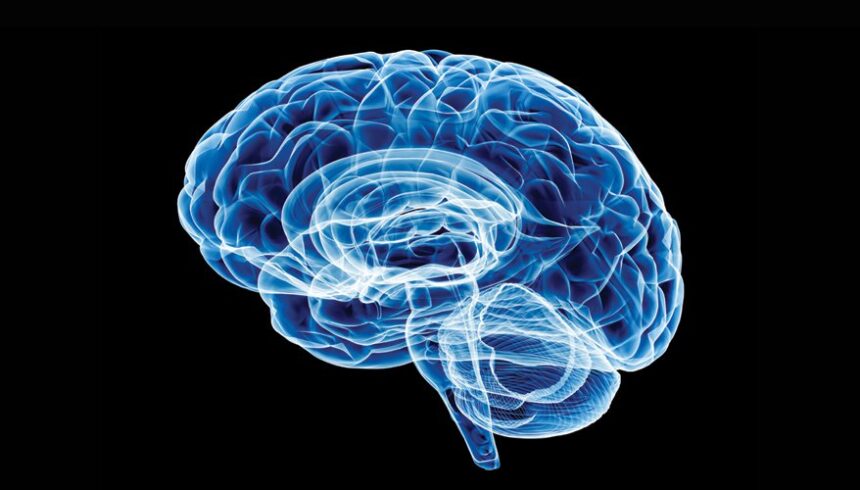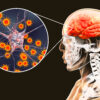The Institute of Psychiatry, Psychology & Neuroscience (IoPPN) at King’s College London has developed a blood test that can detect the risk of Alzheimer’s disease up to 3.5 years before diagnosis.
The research, which was released in the journal Brain, provides evidence that blood components can influence neurogenesis, the development of new brain cells.
Researchers gathered blood samples from 56 patients with Mild Cognitive Impairment (MCI), over the period of several years. 36 of the 56 participants in the research were subsequently diagnosed with Alzheimer’s disease.
“We used an in vitro assay to model the impact of systemic environment on hippocampal neurogenesis. A human hippocampal progenitor cell line was treated with longitudinal serum samples from individuals with mild cognitive impairment, who either progressed to Alzheimer’s disease or remained cognitively stable,” according to the study’s authors.
“We demonstrate that the baseline data generated from the assay were able to predict progression from MCI to Alzheimer’s disease up to 3.5 years before clinical diagnosis, providing an opportunity to understand the temporal changes of HN at the early stages of Alzheimer’s disease progression.”


